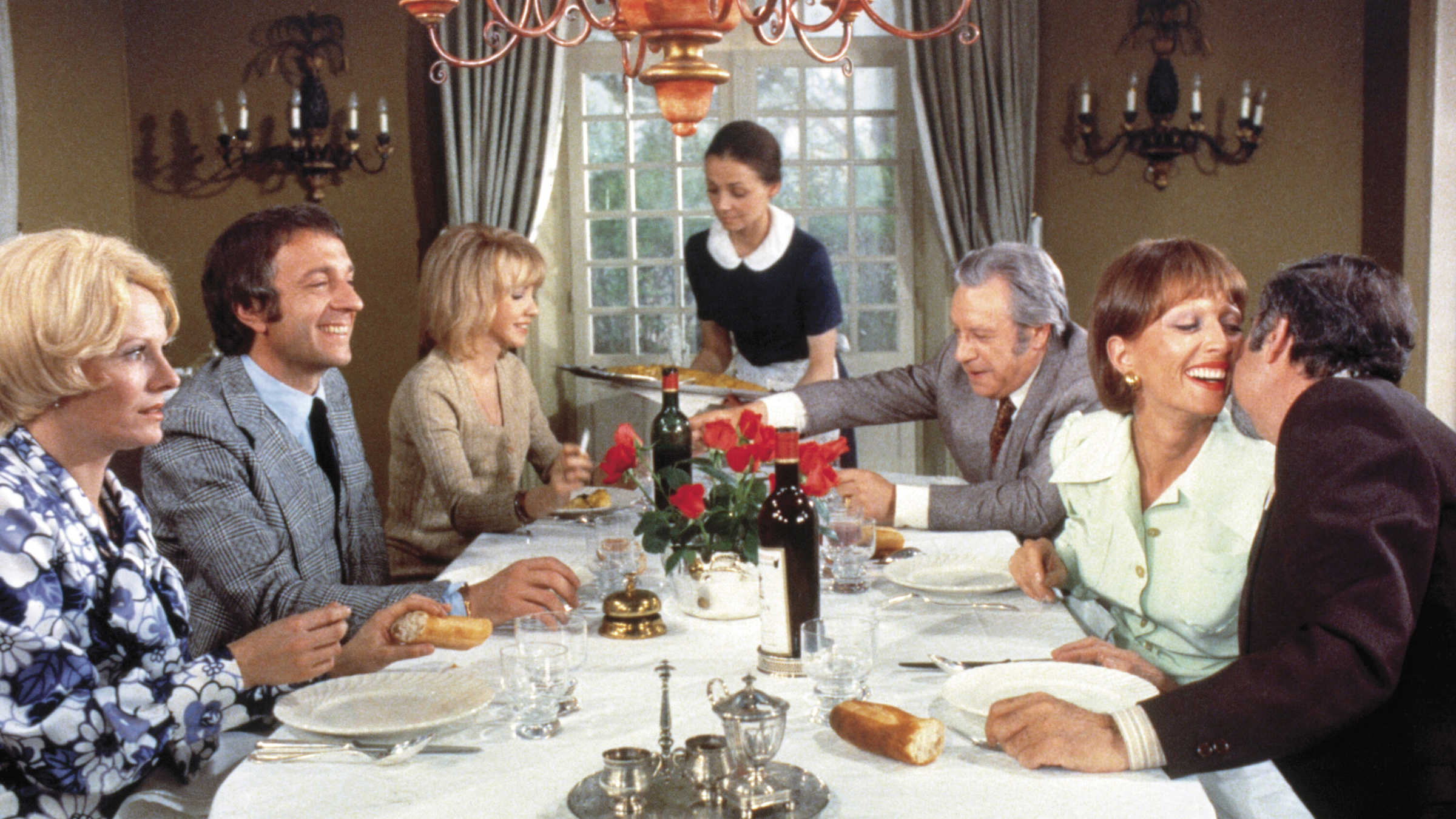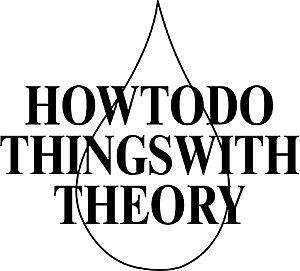2022-2023 Ghalya Saadawi's seminar: Capital as a State of Mind II
INTRODUCTION:
This seminar covers the various intersections of Marxism and psychoanalysis and some chosen concepts and histories therein. Last year, capitalism as a state of mind part I also asked how capitalism could be construed as a ‘state of mind’ and how its impersonal abstractions may become individually attributed, constructed, or personal—so to speak. Not only how is it an abstract force that subjugates bodies, or subjects, but also how these themselves are abstractions modeled on capitalist forms. We discuss the intersections also as they relate to emancipation, agency and drive. How does capital have an unconscious in and as its mode of production, and how is the unconscious too a structure –holds a kind of thinking (structure, unconscious) that makes the subject? How does it form and inform desire? How does it construct our selves, and are how are we also not in possession of ourselves? How are operations of exchange, debt, monopoly, austerity, also psychic and interpersonal, as well as real and material abstractions? Through what forms does the political economic produce and reproduce itself in the subject is a large matter, especially when subject formation is itself fraught with its own unconscious and divisions. From the commodity form to the family to desire, we try to begin some attempts at answering.
We will learn about the value form, the commodity form, and the relations between them and desire; we will talk about accumulation and profit drives alongside death drive and enjoyment; we will theorise with others the capitalist mode of production as having an unconscious and the unconscious as a mode of production; we will read about the family from a Marxist and a psychoanalytic lens; relatedly and in that we will consider Marxist feminist takes on social reproduction –forms in which capital valorises value through labour, home, housework; we will read about persons and the state and how the state has been imagined as a body politic, a representation of persons. We will start to learn to think with and critique–where needed– dialectics, universalism, historical materialism, communism, psychoanalysis.
Preliminary bibliography:
Engels, Friedrich. The Origin of the Family, Private Property and the State. (1884) Translated by Alick West. London: Verso, 2021.
Fanon, Frantz. Alienation and Freedom. Edited by J. Khalfa & R. C. Young. Translated by S. Corcoran. London: Bloomsbury, 2018.
Fehr, Michel. Rated Agency: Investee Politics in a Speculative Age. Translated by Elliott, Gregory. Near Futures. New York: Zone Books, 2018.
Freud, Sigmund. Civilization and its Discontents. (1930) Edited and Translated by James Strachey. Martino Fine Books, 2011.
Fortunati, Leopoldina. Arcane of Reproduction. Housework, Prostitution, Labor and Capital. Translated by Hilary Creek. Brooklyn NY: Autonomedia, 1995.
Goux, Jean-Joseph. Symbolic Economies After Marx and Freud. Translated by Jennifer Curtiss Gage. Ithaca: Cornell University Press, 1990.
Grosz, Elizabeth. Jacques Lacan: A Feminist Introduction. London and New York: Routledge, 1990.
Hall, Stuart. “Marx’s Notes on Method: A Reading of the 1857 ‘Introduction’.” Cultural Studies 17, nr.2 (2003): 113-149.
Hobbes, Thomas. Leviathan. Ware, Hertfordshire: Wordsworth Editions, 2004.
Horkheimer, Max. “The Family and Authority.” In Critical Theory: Selected Essays. Translated by Matthew J. O’Connell, 47-128. New York: Continuum, 2002.
Kish, Zenia, and Justin Leroy. “Bonded Life: Technologies of Racial Finance from Slave Insurance to Philanthrocapital.” Cultural Studies 29, nr. 5–6 (September 2015): 630–51.
Klein, Melanie. Contributions to Psychoanalysis 1921-1945. Edited by Ernest Jones. London: The Hogarth Press and the Institute of Psychoanalysis, 1948.
Lacan, Jacques (1938). “Family Complexes in the Formation of the Individual.”
-_____ (1949). “The Mirror Stage as Formative of the I Function as Revealed in Psychoanalytic Experience.”
-______ (1964). Four Fundamental Concepts of Psychoanalysis, or Seminar XI, selections.
Lacan, Jacques and Jeffrey Mehlman. “Introduction to the Names-of-the-Father Seminar.” October 40, Television (Spring, 1987): 81-95.
Lewis, Sophie. Abolish the Family. A Manifesto for Care and Liberation. London: Verso, 2022.
Marcuse, Herbert. Eros and Civilization: A Philosophical Inquiry Into Freud. London: Routledge, 1998.
Marx, Karl. Capital Volume I: A Critique of the Political Economy. Translated by Ben Fowkes. London: Penguin, 1990.
McGowan, Todd. Capitalism and Desire: The Psychic Cost of Free Markets. New York: Colombia, 2016.
MacCannell, Juliet Flower. “Lacan’s Imaginary: A Practical Guide.” In Jacques Lacan: Between Psychoanalysis and Politics. Edited by Samo Tomsic and Andrea Zevnik, 72-85. London and New York: Routledge, 2016.
Neocleous, Mark. Imagining the State. Maidenhead and Philadelphia: Open University Press, 2003.
Phillips, Adam (ed.). The Penguin Freud Reader. London: Penguin, 2006.
Hortense J. Spillers. “‘All the Things You Could Be by Now, If Sigmund Freud’s Wife Was Your Mother’: Psychoanalysis and Race.” Critical Inquiry 22 (Summer 1996): 710-734.
Tomsič, Samo. The Capitalist Unconscious: Marx and Lacan. London and New York: Verso, 2015.
Tutt, Daniel. Psychoanalysis and the Politics of the Family. London: Palgrave McMillan, 2022.
Zupančič, Alenka. What is Sex? Cambridge, MA: MIT Press, 2017.
Screenings:
Adam Curtis. The Century of the Self. 2002.
Robert Bresson. Pickpocket. 1959.
Jessie Armstrong. Succession. (series, 2021).
Luis Bunuel. The Discrete Charm of the Bourgeoisie. 1972.
Todd Haynes. Safe. 1995.
Chantal Akerman. Jeanne Dielman 23 Commerce Quay 1080 Brussels. 1975.
Jordan Peele. Get Out. 2019.
FURTHER DETAILS:
From Month to Month: Program of the seminar Capital as a State of Mind II
The seminar is tutored by Dr. Ghalya Saadawi
Participants second year: Cornelia Isaksson, Maxi Smith, Till Langschied
Participants first year: Ania Yilmaz, Clara von Schantz, Claudia Medeiros, Daniël van der Giessen, Evija Kristopane, Julia von Schantz, Kıvanç Sert, Seán Bean, Thamyres Matarozzi


